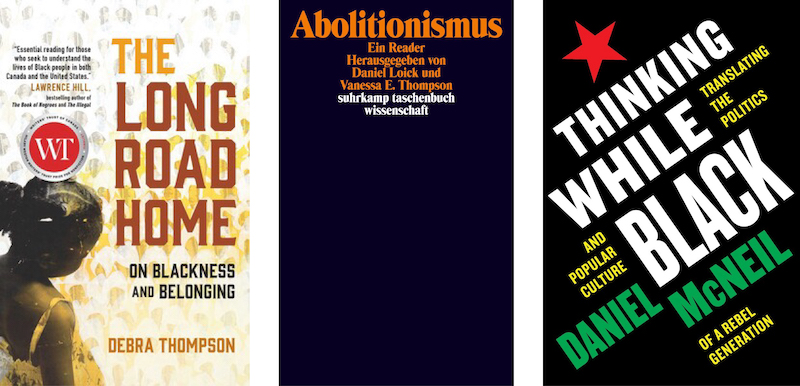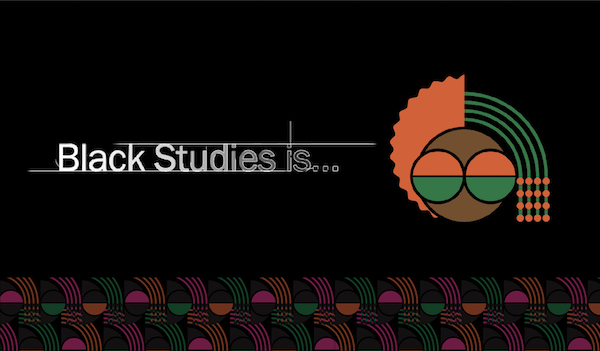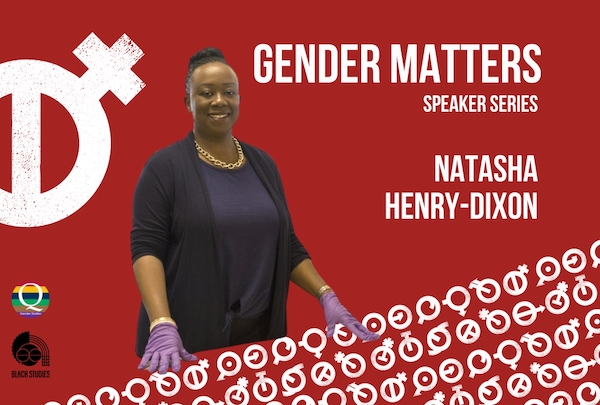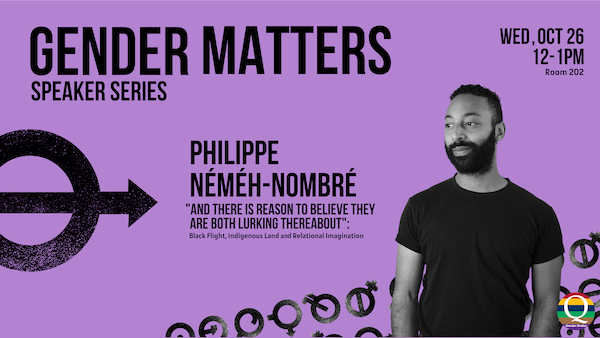On 6 October 2022 (1-2:30pm) we will have our first "Reading While Black" event for the 2022-2023 Academic Year.
We invite you to read the final chapter of M. Jacqui Alexander's *Pedagogies of Crossing*, "Pedagogies of the Sacred," and at least one other chapter.
This text is critical for Black Studies as it commends and cultivates socially engaged research, writing, and teaching in the field. Moreover, it invites us to develop our academic spaces in community and spiritually cognizant, accountable, and relevant ways.
We will discuss this book and the ways it informs and might further inform our research, teaching, and writing and Black Studies Program formation at Queen's.
This event will be virtual. Participants may join at: https://us02web.zoom.us/j/85067891209?pwd=YmQxMjUvL0Y0cVlQWUd0dE5xTGRyUT09.
Contact Taylor Cenac for details.




